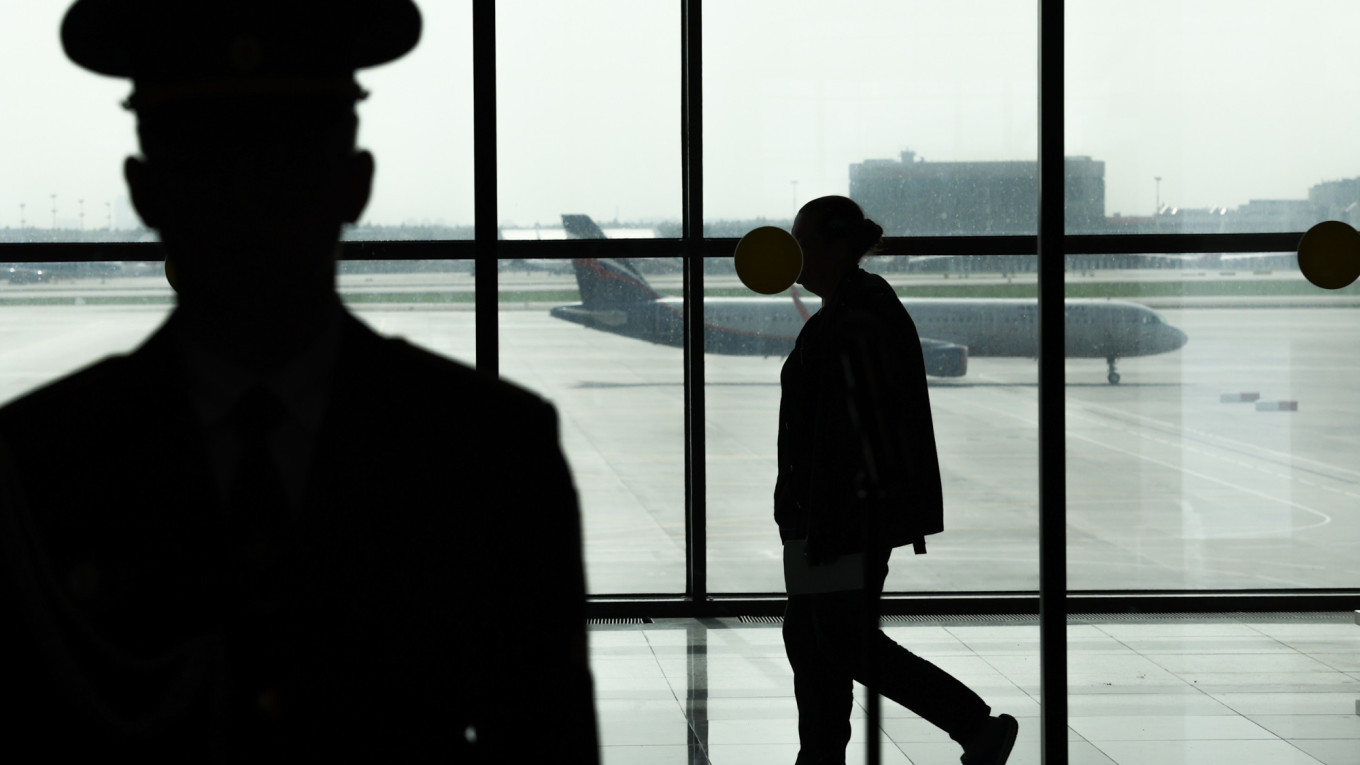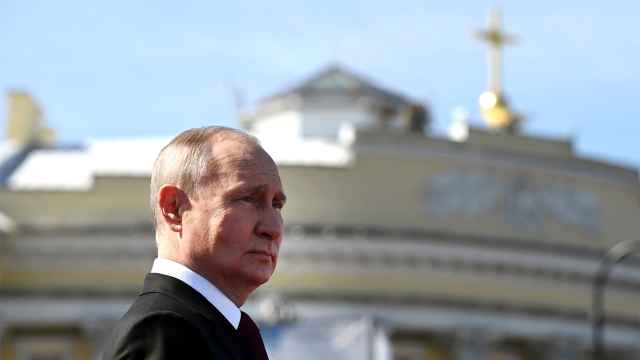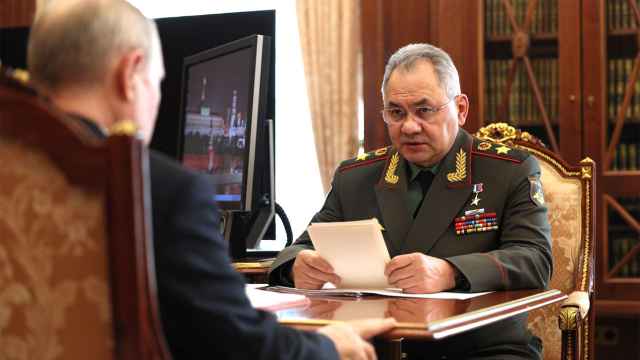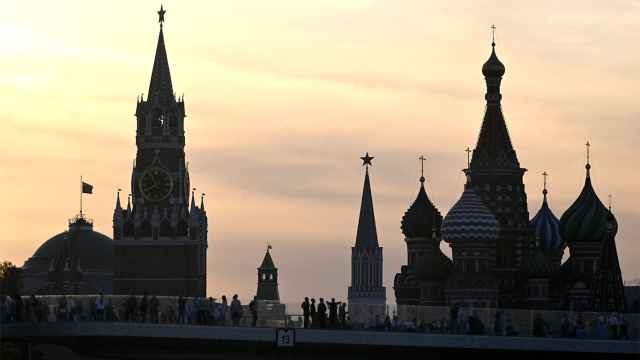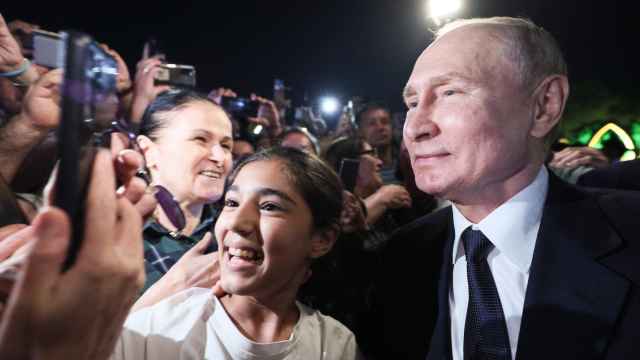This article was first published by Politika.Kozlov.
“I am still in shock from this bloody war. I could not have imagined such a thing in a terrible dream. Why did Putin attack [Ukraine]? I'm against it, that's why I left right away,” a Russian citizen working as an IT specialist at a major international firm said in a pub in central London.
“I go home periodically,” the middle-aged man continued, gesticulating as he spoke to his drinking companion. “I have an apartment and my beloved dacha. I have to take care of them. Once Putin is gone, I'll come back.”
“You still have some time to make up your mind — either you stay in exile... Or you return home. And both, most likely, forever,” replied his friend — a foreigner who, throughout his long career at a major energy company, had worked in the Middle East, Latin America and Russia.
He continued: “Get ready, for the authorities will soon make enemies out of those who left,” continued his friend, who looked to be closer to 60 years old.
The two men looked at each other before turning toward me. We clinked glasses, took a sip of Kilkenny ale, and moved on to discussing the latest English Premier League match.
This conversation took place just a year and a half ago, in January 2023.
Since then, that optimistic IT professional, who still has to pass through border control at the Moscow airport with great anxiety every time he visits his parents and his dacha in the Moscow countryside, has had less and less reason to be optimistic.
Over the past year and a half, the Kremlin has taken a sharp turn in its rhetoric and actions toward dissenters.
In the fall of 2023, President Vladimir Putin said that no one is forbidding the estimated 1 million citizens who left Russia because they opposed the war from returning home.
Yet shortly after invading Ukraine in 2022, the former KGB agent railed against the “traitors” who he said were among the tens of thousands of Russians who had left, saying: “Any people, and especially the Russian people, will always be able to distinguish the true patriots from the scum and the traitors, and just to spit them out like a midge that accidentally flew into their mouths."
Judging by the later speeches of both Putin and high-ranking officials who have embraced this topic, the line between a person who simply left the country and a traitor is a blurry one.
Just this spring, the Kremlin called on educated and affluent young people to return home and get jobs in the IT sector or start their own businesses.
“Russians who have left at some point will return after some time. Because it is more exciting to do business here anyway. We have more opportunities. Home is always more reliable... This is a normal process,” Kremlin spokesman Dmitry Peskov said.
But even as the Kremlin has called on citizens to return and officials have repeatedly acknowledged the critical shortage of highly qualified specialists in various professions, the Russian regime has also been developing a database of citizens who left the country in 2022 and 2023, journalists reported earlier this month.
These are individuals who have become unreliable in the eyes of the regime because they went abroad following the invasion of Ukraine or the fall 2022 mobilization. A separate segment consists of individuals who hold opposition views.
Just this week, these reports were confirmed when the Interior Ministry proposed creating a database of Russians who left after the invasion as part of a new strategy to combat extremism.
Yesterday, I received a distressed text message from the very same IT guy from the London bar. He was very anxious, literally beside himself. He wrote that he was now afraid to go to Moscow and didn’t understand how to sell his real estate.
His fear is justified. He, a highly qualified, highly paid specialist, is now a potential extremist in the eyes of the Russian regime. An extremist because he did not agree with the invasion and chose to live and work abroad. And hundreds of thousands of Russians are in the same situation as him.
The Kremlin has been working to cultivate the idea that a fifth column and internal enemies seek to destroy the country from inside out since long before its full-scale invasion of Ukraine, and even before the annexation of Crimea. The law on so-called “foreign agents” was passed in 2012 following the mass protests against Putin's return to the presidency.
Following Putin's return to the throne that year, his regime swiftly took on authoritarian traits, cracking down on dissenters with increasing severity. At the same time, the state was taking aim at a growing list of social, religious and ethnic groups. Starting with more niche communities — LGBTQ+ people, Indigenous rights activists, Jehovah's Witnesses, opposition politicians, independent journalists — the regime gradually started to go after larger and larger groups.
The Russian army’s Feb. 24, 2022, invasion of Ukraine and the backlash it sparked from many Russians has created a new group that is unprecedented in scale for modern Russia. It consists of once-apolitical citizens who, along with politicians, activists, journalists and other anti-war citizens, dared to speak out and even leave the country in opposition to the war.
This group is already under attack by the regime for its anti-war stance. They explicitly risk losing their property in Russia, as well as being left without a passport when they expire. Returning home would expose them to punishment up to and including prison.
While Russian society is just realizing what has happened, I have no doubt that the regime is already choosing a new victim and plotting a new round of internal escalation.
A Message from The Moscow Times:
Dear readers,
We are facing unprecedented challenges. Russia's Prosecutor General's Office has designated The Moscow Times as an "undesirable" organization, criminalizing our work and putting our staff at risk of prosecution. This follows our earlier unjust labeling as a "foreign agent."
These actions are direct attempts to silence independent journalism in Russia. The authorities claim our work "discredits the decisions of the Russian leadership." We see things differently: we strive to provide accurate, unbiased reporting on Russia.
We, the journalists of The Moscow Times, refuse to be silenced. But to continue our work, we need your help.
Your support, no matter how small, makes a world of difference. If you can, please support us monthly starting from just $2. It's quick to set up, and every contribution makes a significant impact.
By supporting The Moscow Times, you're defending open, independent journalism in the face of repression. Thank you for standing with us.
Remind me later.


